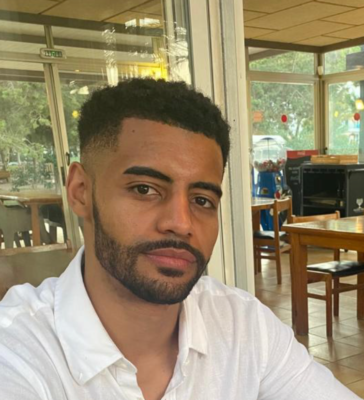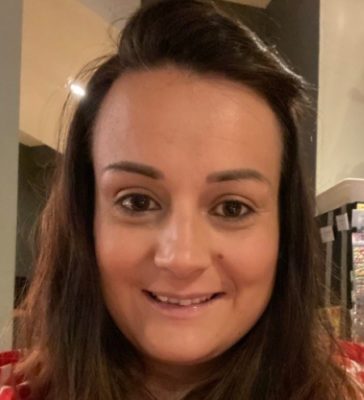
Taro Isidore
Current Employer/Organisation Name
Protein World
What have you been doing since leaving Exeter, and what are you doing now?
Since leaving Exeter, I have worked as a Production Manager for a Health and lifestyle brand Protein World. Here, I managed 15 full time staff to produce the brand’s products for out retail and online consumer base. I was first introduced to the concept of risk management in this position, as part of remit as Production Manager was to ensure all products were produced in line with Food hygiene standards. I decided that Food production was not where my future career ambitions lie, but I thoroughly enjoyed the risk management side of the role. I decided to apply my knowledge of risk management to Finance and found that my experience, albeit in a different sector, was largely transferrable. Since then, I have worked within Santander for five and a half years, as an Operational Risk manager. Firstly, in the retail sector of the bank and in the last 3 years, the Corporate and Commercial Investment sector of Santander.
Why did you choose this career? And what do you enjoy most about your work?
I found the most enjoyment from both my role in managing risks in both Protein World and in Santander, as I was able to utilise the skills I developed during my studies in University. Risk management requires you to be very analytical and critical in the information you have to hand. It also requires you to be able to interpret information and extrapolate key findings in succinct summaries to your audience. These skills were what I took the most enjoyment from during my studies, and in current job.
What did you enjoy most about your programme and what was the biggest highlight?
The research facilities. The theory is very interesting, but the facilities that Exeter University have access to, enable you to work with equipment that you would only hear about or see on tv. The sport and Health Sciences and Medical school have the privilege of working with state of the art equipment to facilitate the performance of their research. I myself, was able to participate in and conduct several research investigations which utilised state of the art equipment and enjoyed every minute of it!
What did you enjoy most about studying here?
The passion that our lecturers brought to their lectures. – The programme was well structured to bring the best possible experience to its students – The city is very charming! Full of friendly people and beautiful landmarks – The sports facilities we had access to, both on St Luke’s and Main Campus.
Why did you choose to study at Exeter?
During my time studying in Exeter, it was in the top three Universities in the country to study a BSc in Sport and Health Sciences in and number 1 for its MSc course. I also wanted to experience living in a completely different part of the UK and Exeter is a very beautiful city, and very different to London life!
What skills and experiences have been most useful for your career?
Data Analysis, Critical thinking, Written and Oral communication are the three main skills that have led to success in my career path. They are fundamental skills in managing risk.
What advice would you give to a current student who wishes to pursue your career?
Don’t limit yourself to Finance related degrees. Banking is a broad industry, with hundreds of roles, not all of which require candidates to have degrees in maths and economic related degrees. Study what most interests you, as there will always be a role that best suits your educational experience and skillset. Don’t stop learning! Once you’ve completed your studies, there is always more to learn. The finance work sector has hundreds of certifications that you gain that will improve your understanding and will improve your employability. Look out for graduate schemes. Graduate schemes are a great gateway into banking. Internships are also good opportunities, but graduate schemes come with a job at the end of the programme. Not only do you gain work experience, but you will be paid like any other job and the bank will be invested in training you up, as they see you as the future employees of the firm! Gain information about banking from a banking employee. Most of what takes place inside the head offices of a bank is unknown to the public, and so it would help you in any potential interviews you have to demonstrate that you have a basic understanding of the role you’re applying for. This will put you ahead of other applicants, as you will demonstrate that you can hit the ground running.

